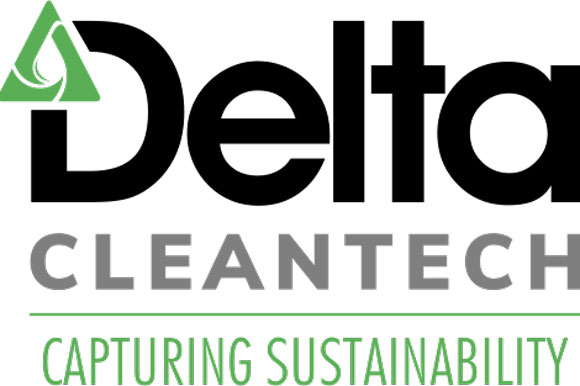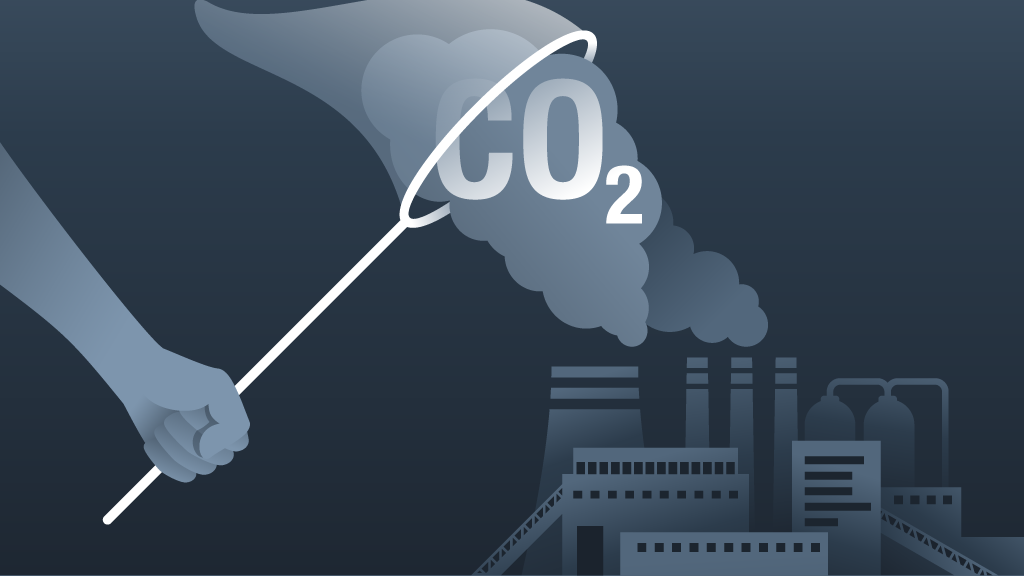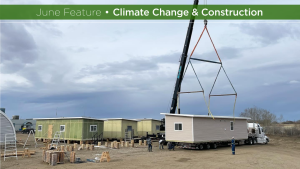Before the Carbon X Prize, Alberta Carbon Trunk Line, the federal government’s plans to have a carbon capture tax credit, and long before carbon capture utilization and storage was a hot emerging industry, Alberta-based Delta CleanTech was trying to position itself for the future.
“In the early years there was a good solid community of followers of the technology, people that wanted to see CO2 capture work,” said Lionel Kambeitz, one of the company’s founders. “It was very academic and governmental. We aligned carefully with academic institutions to help develop and perfect the technology and stayed focused where the government policies were heading. We always felt that there would be this combo of carrots and sticks in how we adopted these technologies.”
Kambeitz said the team had to make it through the lean years after the 2008 financial collapse by working for oil companies and others who were curious about CO2 in the context of oil recovery or food grade uses.
“Now of course we have been joined by an amazing transformation and that’s been due to capital markets and investors who are starting to say they want their money put into work that is ESG responsible,” said Kambeitz.
The company has become an expert in CO2 carbon capture, solvent and glycol reclamation, and carbon credit origination and trading. The company is now developing CO2 projects in Canada, the United States, the United Kingdom, the UAE, Australia and China.

The Delta team has also tripled its business development and delivery capacity in Calgary and Regina.
In 2021, Delta CleanTech’s Technology was selected for three new CO2 carbon capture projects, two in Alberta and one in B.C.
Kambeitz said much of the momentum comes from investors.
“To have that investor group be very supportive of ESG is quite profound,” he said. “Yes, people are saying it is being driven by the government with penalties and incentives, but these companies report to shareholders and if they say they want ESG than that company better have ESG.”
Kambeitz explained Delta’s long history in the sector has allowed it develop its product into a robust retrofit solution.
“We took proven technologies for cleaning up natural gas, acid gas and capturing all kinds of things and we readapted it and optimized it and tuned it to a point where it was very effective for capturing CO2 exhaust streams,” he said.
The team took lessons from their time in the oil and gas sector, making the system modular for better quality control and a more predictable cost.
Kambeitz believes Delta’s head start could be a massive advantage in the coming years.
“There are several emerging technologies, but the fact remains that they are at pilot stage or demonstration stage,” he said. “What people are calling for and want are real solutions that are robust and industrially proven. Our advantage is that we are one of the large largest in Canada and North America. A vast majority went out of business after 2008. We have shovel-ready, robust technology that isn’t a science experiment.”
And being based in Calgary, Delta is able to take advantage of engineers and other workers who are experts in all sorts of industrial activities.
But the true key to unlocking the power of carbon capture will be its utilization. Kambeitz believes this could completely change the cost factors associated with carbon capture projects.
“There will be emerging technologies that will drive down costs and those driven down costs will make it easier to adopt, but the breakthrough will come when we need CO2 as a feedstock to make other products,” he said.
This will create a cyclical economy and instead of having a cost associated with capturing carbon it will be a source of revenue. Carbon nanotubes, concrete, ethanol and methanol are just some products that could require sources of CO2.
“It’s a beautiful molecule,” he said.
Follow the author on Twitter @RussellReports.











Recent Comments